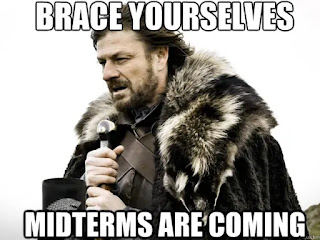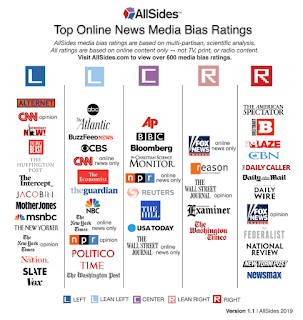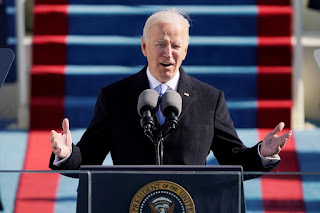Back to the Basics

Yes, it is that time of the semester again where students are panicking, stressing, and probably crying over their midterms. To make it all worse, it has been almost a year since we entered a pandemic and we have no spring break. At least we get three study days, that makes up for it, right? Besides my bitter attitude towards how the University is handling situations during the pandemic, I thought it would be a good time to take a look back at one of our very first readings in this class. Perhaps it will help as a refresher for the midterm. Post-Truth by Lee McIntyre is one of the most used readings by Ball State English professors. Is it really? I am not totally sure, but I do know I have read it in almost every single one of my rhetoric related classes. As much as I hate having to re-read materials, McIntyre's work is actually something I don't mind re-reading mainly because it is still relevant today. So what is Post-Truth? As mentioned in McIntyre's w...






